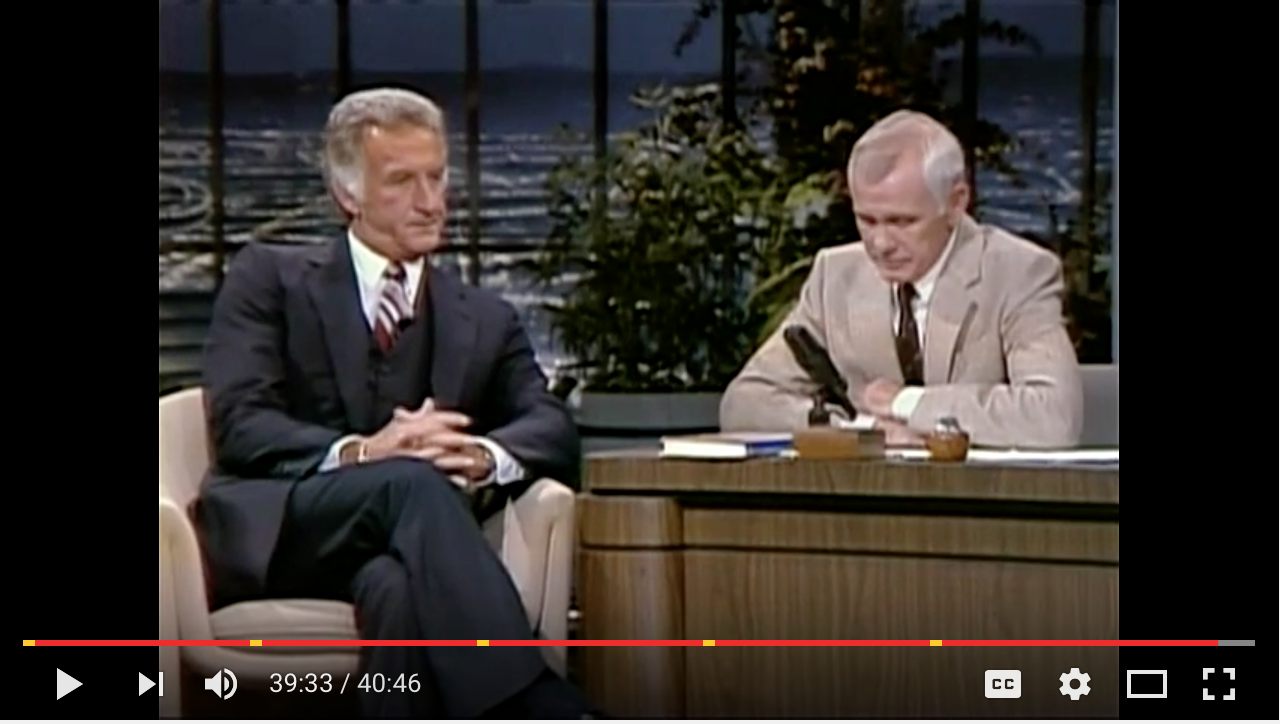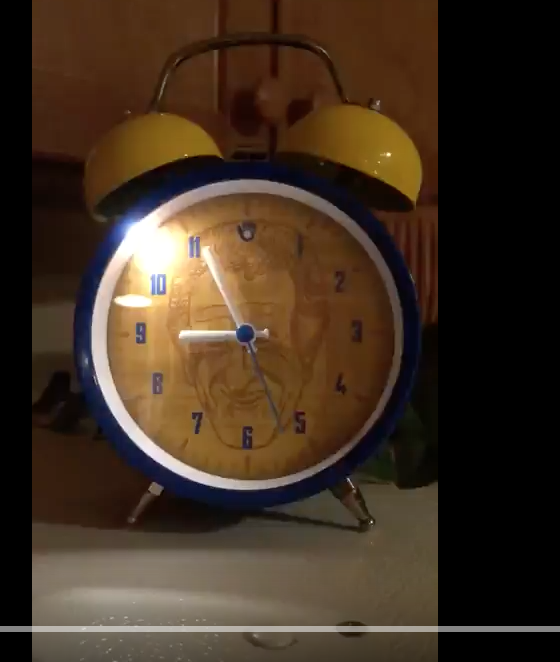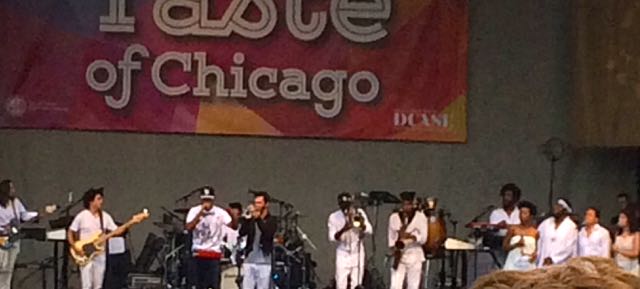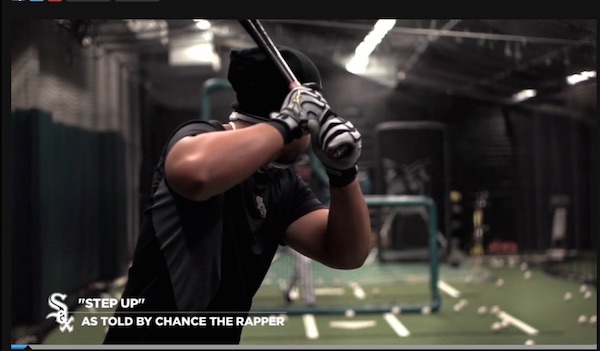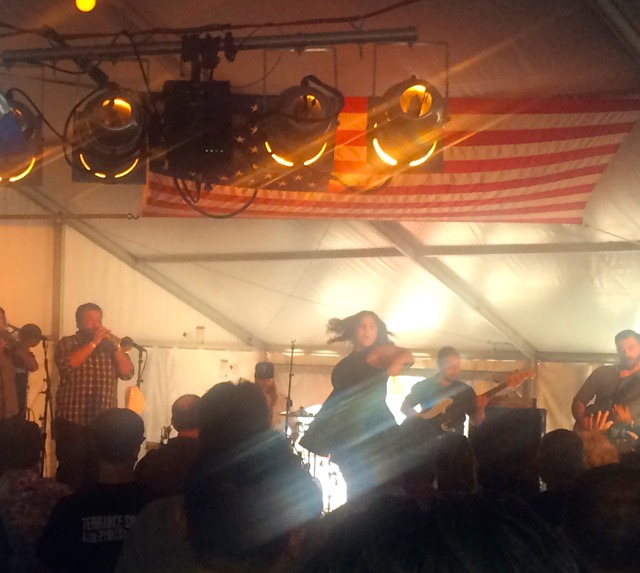One thing I have in common with new British Prime Minister Theresa May
July 13, 2016 • 26 Comments • Posted in blindness, politics, technology for people who are blind, UncategorizedShe’s a woman, we’re about the same age, and we’re both survivors. The most significant thing I have in common with Theresa May, though? It’s actually one thing we both would rather do without: the new British Prime Minister and I have Type 1 diabetes.
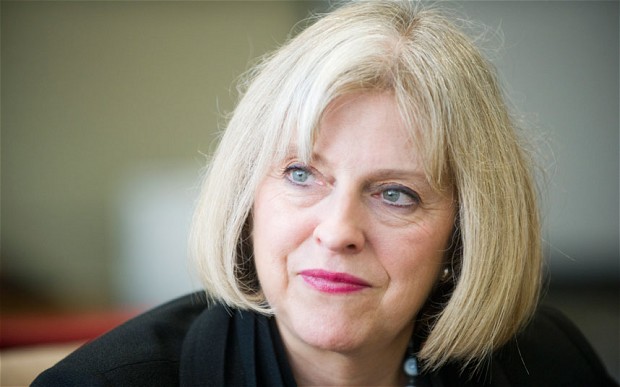
Theresa May, the UK’s new Prime Minister.
Millions of people have diabetes. Only a small fraction of us have Type 1, though. That’s the one that is also known as juvenile diabetes. I was diagnosed with Type 1 at age seven. Prime Minister May was diagnosed in 2013. This BBC story about her last Tuesday demonstrates just how complicated it can be to fully understand the chronic disease:
She has rarely opened up about her private life although she revealed in 2013 that she had been diagnosed with Type 1 diabetes and would require insulin injections twice a day for the rest of her life — something she says she had come to terms with and which would not affect her career.
I looked up an interview where she mentioned her diagnosis. “I’m on an insulin regime so I’m injecting insulin four times a day,” she said (the emphasis on the number four is mine). In the interview She also explained that she takes additional injections when she eats extra carbs or her blood sugar tests run high.
Okay, I hear you. It’s just a number. What’s the difference between two, and say, four? Or more? Trust me, it’s a tremendous difference when you’re the one taking all those injections. Not to mention the blood test you need to take throughout the day to determine if you got the amount of insulin right the last time you took a shot. Or whether you still need to take more
Type 1 diabetes — the kind Theresa and I have — comprises only 5 percent to 10 percent of diabetes cases. Type I diabetics have to inject insulin –pills won’t work. In Type 1, the immune system destroys the cells in the pancreas that make insulin. Researchers have not yet been able to figure out why that happens, but they do know it has nothing to do with the person’s behavior.
Ninety to ninety-five per cent of the people who have diabetes have Type II, and in those cases doctors often prescribe exercise and weight reduction. A number of people I know have been “cured” of Type 2 by exercising and losing weight. Type 1 is a whole different story. Prime Minister May and I could run, jump, swim, skip rope, lift weights and do cartwheels from sun-up to sundown (okay, truth is, I could never do a cartwheel, even when I was a kid, but you get the picture) and we could shrink down to a size 3 dress, but we’d still need to inject insulin. That’s because, no matter how much we weigh, those of us with Type 1 produce no insulin. None. Nada.
And so, Theresa and I — along with millions around the world who have juvenile diabetes — take insulin every time we eat. We test our blood several times a day to make sure glucose levels are within range. We balance meals, snacks, exercise and medication to prevent diabetes complications, which can include kidney failure, amputations, and … blindness.
Fast-acting insulins, insulin pumps and home blood monitors were not available 50 years ago when I was diagnosed. I took shots, avoided sugar, and tested my urine at home from time to time to get a guess at what my sugar levels were. I was advised not to have children, warned of the likelihood of complications and told I likely wouldn’t live past age thirty.
No surprise that throughout my childhood I saw my juvenile diabetes as a weakness. In early adulthood, though, I decided to fight back. I studied the disease, bought one of those new-fangled home glucose monitoring machines, and with my husband Mike’s help and support we started testing my blood regularly. I became more vigilant about exercise, walking everywhere and swimming every other day and closely monitoring how much that exercise brought my blood sugars down. I figured out how much my favorite foods brought my blood sugars up, too, and now I inject that new fast-acting insulin six, seven sometimes eight times a day to balance the meals and snacks I like to eat.
A new blood monitor at home talks — it calls my numbers out loud, so Mike doesn’t have to be around every time I want to check my sugar levels. Controlling my blood sugar keeps my weight at a steady level and gives me good overall health. Best of all: It makes me feel good.
Today’s appointment of Theresa May as UK’s new Prime Minister makes me feel good, too. Her appointment gives me even more reason to think that our Type I diabetes is not a weakness after all. It’s a strength. Living well with the disease teaches us perseverance, self-control, discipline and resourcefulness. Coordinating meals with insulin injections forces us to think ahead and make good decisions. Here in America we’ll be making a decision soon about a new leader. I hope we choose one with characteristics like those of my fellow Type I diabetic. Prime Minister May shows good judgment and is careful about her personal management. Maybe it’s just me, but it sure seems having control of yourself is a good place to start when it comes to taking control of a country.

